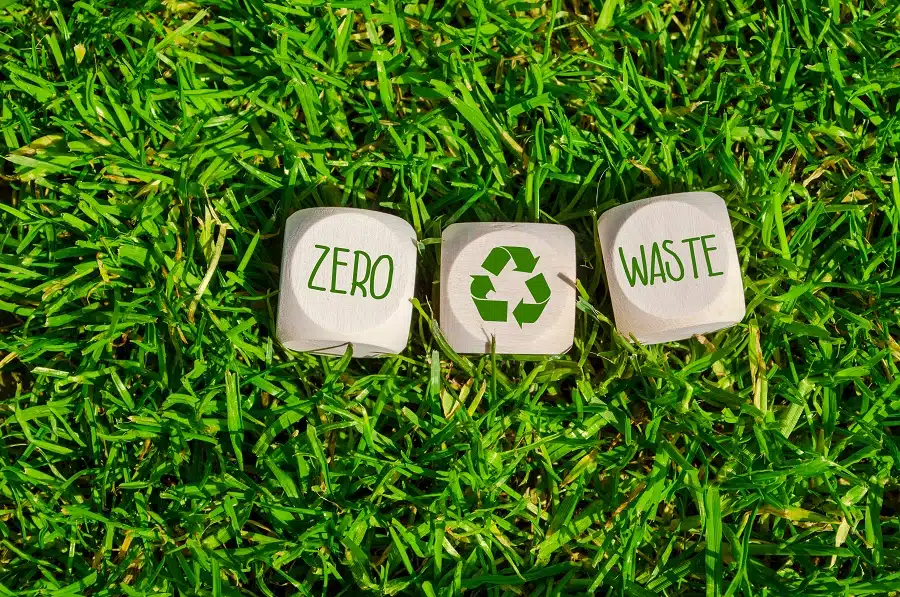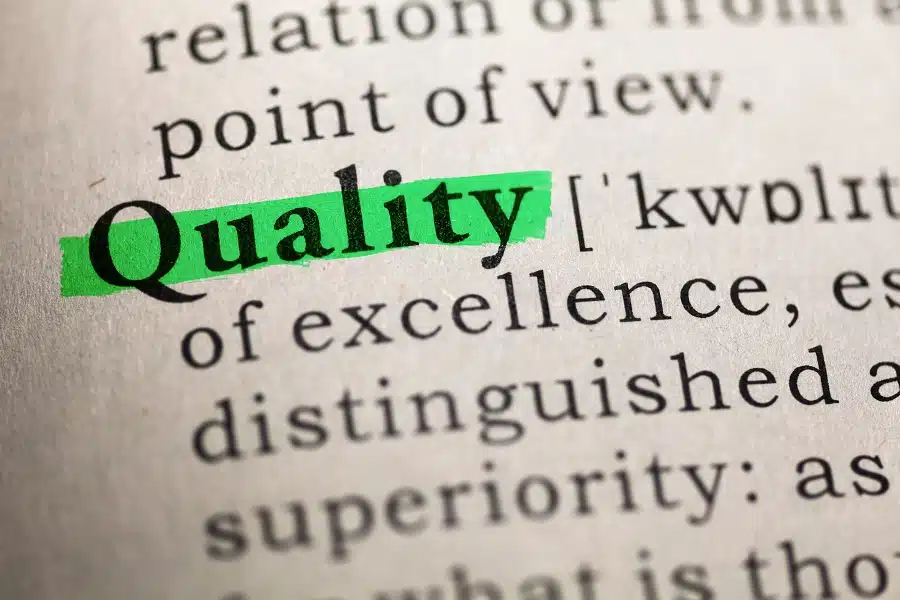The circular economy and forklifts
As today’s businesses increasingly prioritise sustainability and maximising efficiency within their resources, the idea of a circular economy is one that’s gaining momentum.
The circular economy aims to move away from the traditional model of production and consumption. In this linear model, resources are typically used and thrown away. A circular economy promotes the idea of reusing, recycling and repurposing so that resources move in a continuous circular loop.

Sustainability in the forklift industry
Forklifts play a pivotal role in a lot of business’s operations, helping them to safely and efficiently handle materials. However, there can be environmental impacts to using forklifts if not managed responsibly. From manufacturing to operation and disposal, there are many opportunities for improved sustainability and prioritising the principles of a circular economy in the life cycle of forklifts and forklift equipment.
So, what are the fundamental principles of a circular economy? Here are some key concepts that guide the approach:
Designing for longevity
Products should be built to last, with quality and durability at the forefront. Using high-quality materials and robust manufacturing techniques helps extend the life of a product.
Repair and reuse
A circular economy puts emphasis on reuse and repair so that a product’s life span continues for as long as possible, and waste is minimised. Products should not simply be discarded after use
Refurbishment
Refurbishment focuses on restoring products to a functional state through repairs and upgrades. This reduces the need for new manufacturing and minimises environmental impact.
Recycling
Inevitably, products will reach the end of their lifespan. It’s important that when this happens, materials and components and recycled wherever possible.
Resource efficiency
Businesses should aim to maximise the efficiency of their resources. This includes optimising processes wherever possible to minimise energy consumption and waste.

Strategies for sustainable forklift management
How can you make your forklift fleet more sustainable? There are some strategies you can implement to reduce your environmental impact, lower operating costs and improve your business’s overall efficiency when it comes to your trucks, forks and attachments.
-
- Invest in electric or hybrid forklift trucks to minimise emissions and reduce your carbon footprint. Electric forklift trucks run on rechargeable batteries which produce zero emissions during operation. They’re a great solution for indoor environments where prioritising air quality is important. Hybrid trucks combine the benefits of electric and traditional gas-powered or diesel engines, offering lower emissions and reduced fuel consumption.
-
- Provide comprehensive training on safe and efficient operation to reduce the risk of damage. This should cover loading and unloading, manoeuvring and safety protocols. Make sure employees understand the importance of reporting any issues to supervisors so they can be investigated immediately.
-
- Be proactive with maintenance. You should regularly service and inspect your trucks and equipment to make sure they’re safe. Develop a maintenance schedule and stick to it, and conduct regular Thorough Examinations to ensure you’re complying with LOLER.
-
- Always opt for quality forks and attachments. Durable products that are built to withstand the test of time will reduce the need for frequent replacements and help you contribute to the circular economy. Choose high-quality materials like steel that can handle repetitive use. Consider factors like load capacity to ensure optimal performance and durability.
-
- Take advantage of refurbishment and repair services instead of replacing worn-out components. Reputable providers offer these services so you can get more use out of your old attachments, and they will help effectively extend the lifespan of your products. These services might include replacing worn-out parts and repairing damaged components.
-
- Participate in recycling programmes wherever possible to contribute to the circular economy. You could partner with recycling facilities or organisations to make sure you’re responsibly disposing of any products that are at the end of their lifespan. Make sure you’re complying with local regulations and environmental standards to effectively reduce your environmental impact.

Invicta’s contribution to the circular economy
We’re more than just a supplier, we’re here you help you get the most out of your forklift forks and attachments – which includes services that help you contribute to the circular economy.
Our commitment to quality British manufacturing ensures that all of our products are built to last. We offer comprehensive technical support and aftercare to ensure your equipment’s safety and compliance with regulations. This includes arranging site visits, surveying equipment and offering operational and maintenance advice. We can also conduct Thorough Examinations. This is a legal requirement under LOLER (Lifting Operations and Lifting Equipment Regulations) and helps ensure that your lifting equipment is safe and compliant. Our trained CFTS Inspectors follow strict standards to guarantee thorough, correct examinations of your equipment.
If your attachments need maintenance or repair, we can help with that too. Our expert repair and refurbishment services help extend the lifespan of your products and minimise the need for new manufacturing – reducing your environmental impact.
By embracing the key principles of the circular economy, businesses can both reduce waste and contribute to a more sustainable future. Prioritising repair, reuse and recycling helps extend the life of your forklift forks and attachments and minimises your environmental impact. If you’d like to find out more about our services, please get in touch today.
Back to all blog posts
